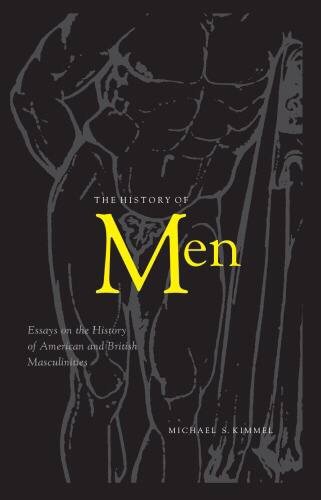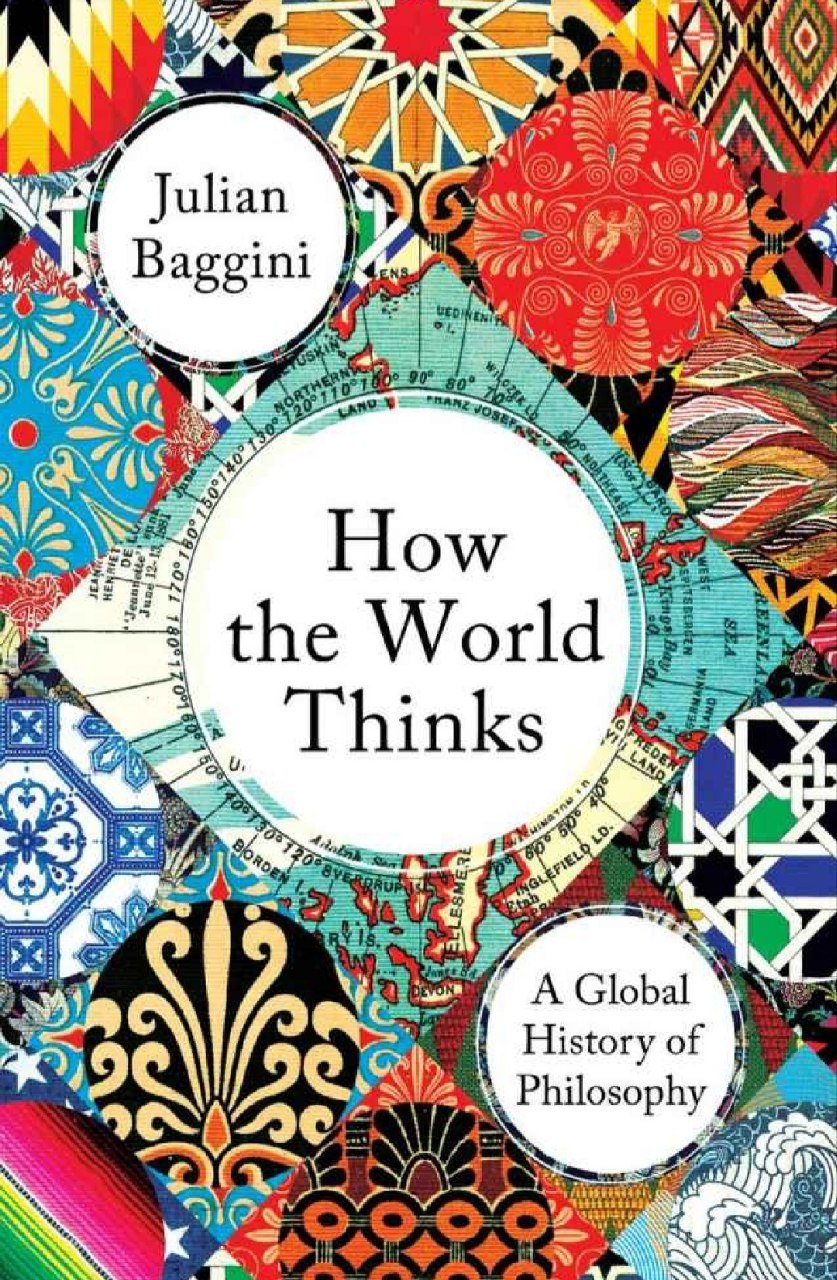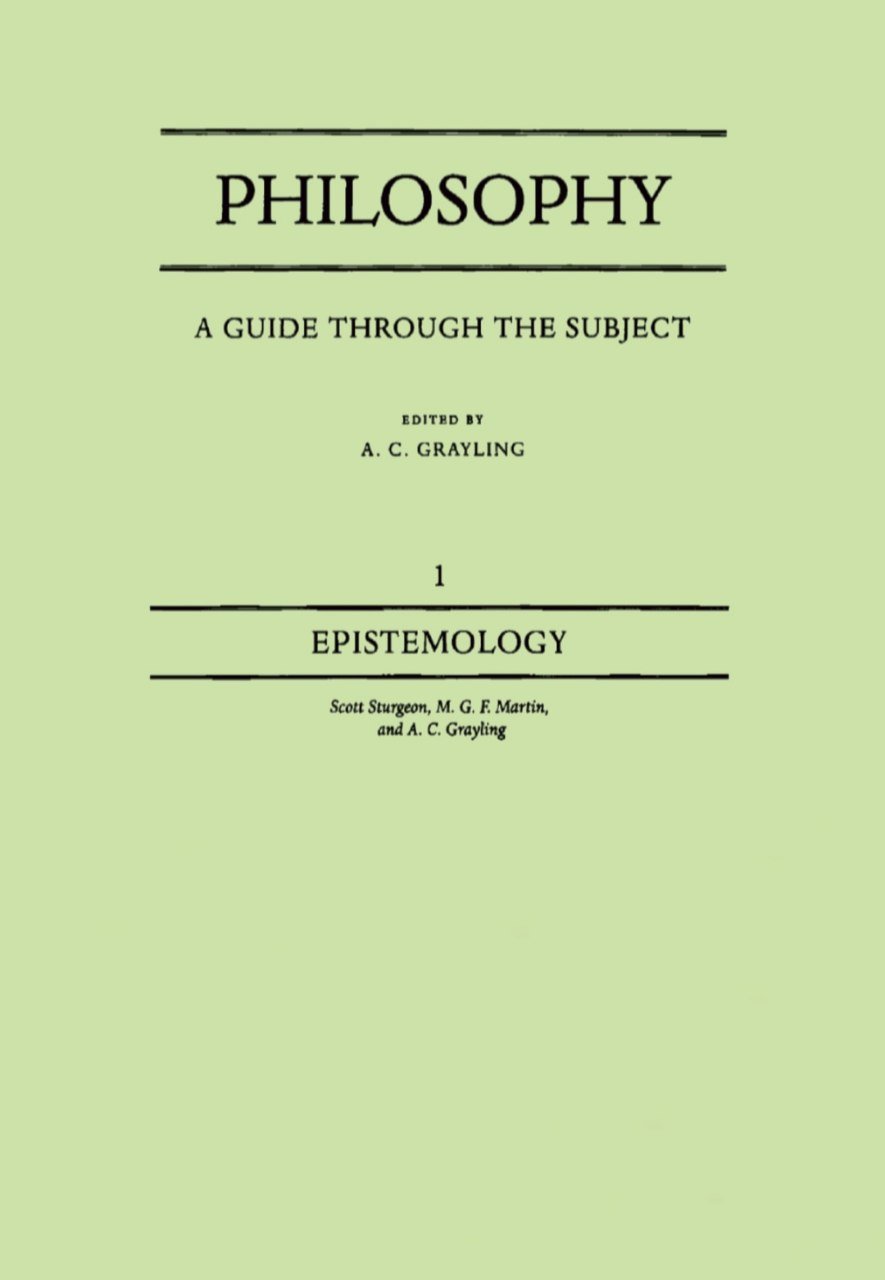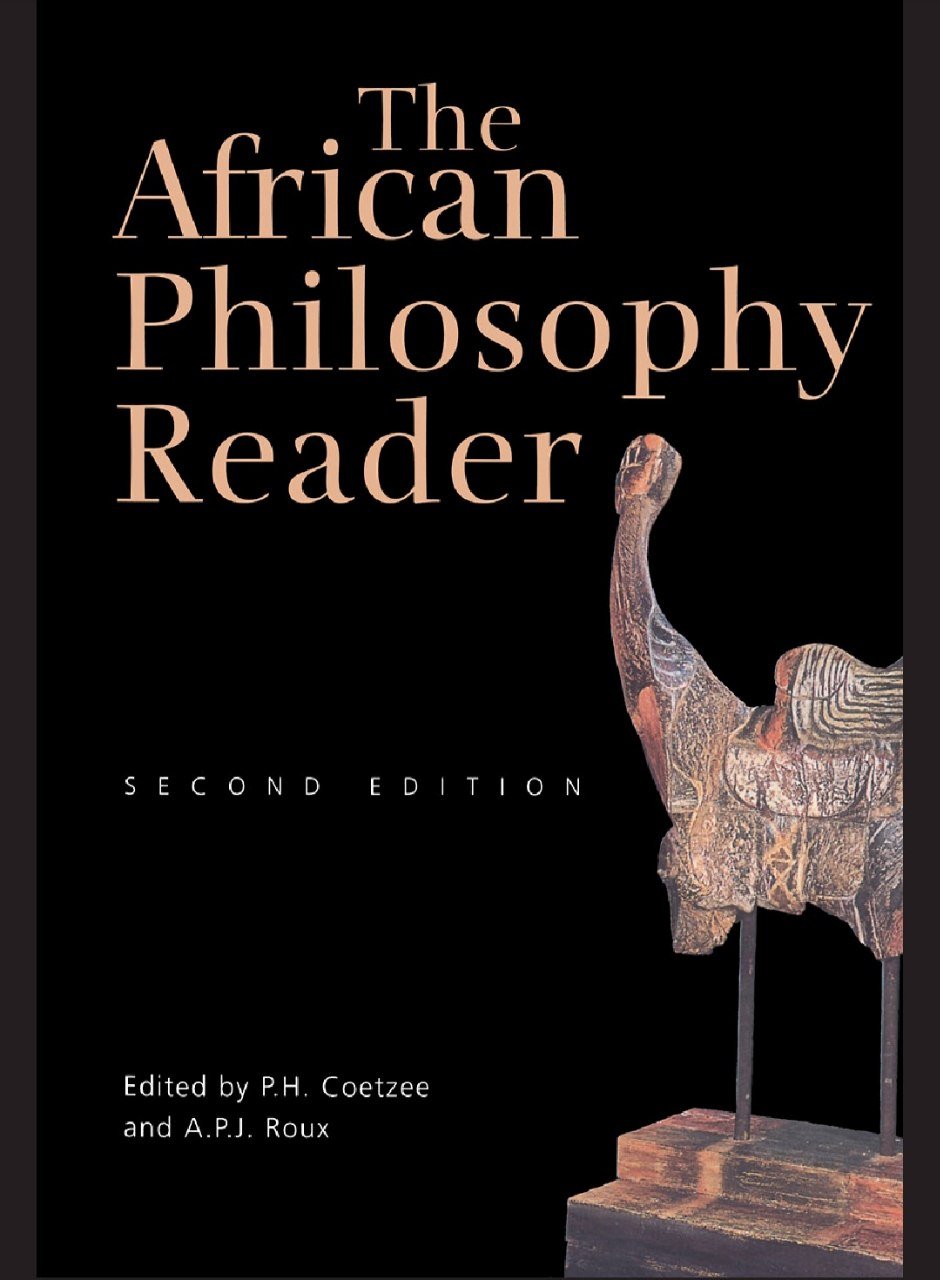

More Brilliant Than the Sun: Adventures in Sonic Fiction
Reviews
No review yet. Be the first to review this book!
Description
More Brilliant Than the Sun: Adventures in Sonic Fiction by Kodwo Eshun is an electrifying and genre-defying exploration of Black music, sound, and futurism. Originally published in 1998, the book is a radical intervention into music criticism and cultural theory, blending philosophy, science fiction, and Afrofuturism with an experimental writing style that mirrors the energy and innovation of the music it discusses. Eshun charts a sonic journey through a wide array of genres and artists, including techno, hip hop, dub, and funk, focusing on pioneers like Sun Ra, George Clinton, Lee Perry, Public Enemy, and Underground Resistance. He interprets these musical forms not just as entertainment but as powerful vehicles of technological imagination and speculative futures. For Eshun, Black music is a space where new worlds are invented—where sound engineers, producers, and musicians become "sonic fictioneers," crafting alternative realities through beats, rhythms, and frequencies. The book challenges traditional narratives of cultural theory by proposing that sound is a medium of knowledge and experience that transcends language and conventional historical accounts. Eshun's writing is intensely rhythmic and often fragmented, deliberately breaking from academic prose to create a text that pulses and moves like the music it describes. This approach reflects his central argument: that Black music is inherently futuristic, offering visions of time travel, alien encounters, and posthuman identities. More Brilliant Than the Sun is widely regarded as a seminal work in the fields of Afrofuturism, sound studies, and cultural theory. Eshun's concept of "sonic fiction" has inspired a generation of artists, writers, and theorists to think differently about sound and its relationship to race, technology, and futurity. Bold, challenging, and exhilarating, this book is a celebration of the revolutionary potential of Black sonic culture and its role in imagining futures that are, as Eshun puts it, more brilliant than the sun.






























.jpg)
.jpeg)



.jpg)


.jpeg)




.jpg)










.jpg)







.jpeg)





.jpg)




.jpeg)
.jpg)
.jpg)



.jpg)




.jpeg)

.png)




















































